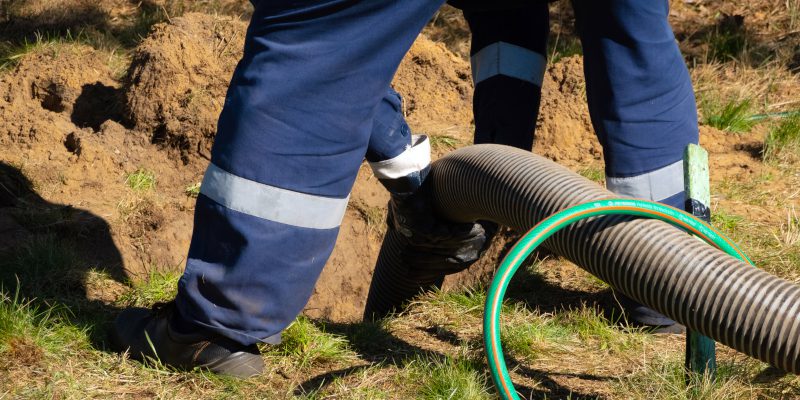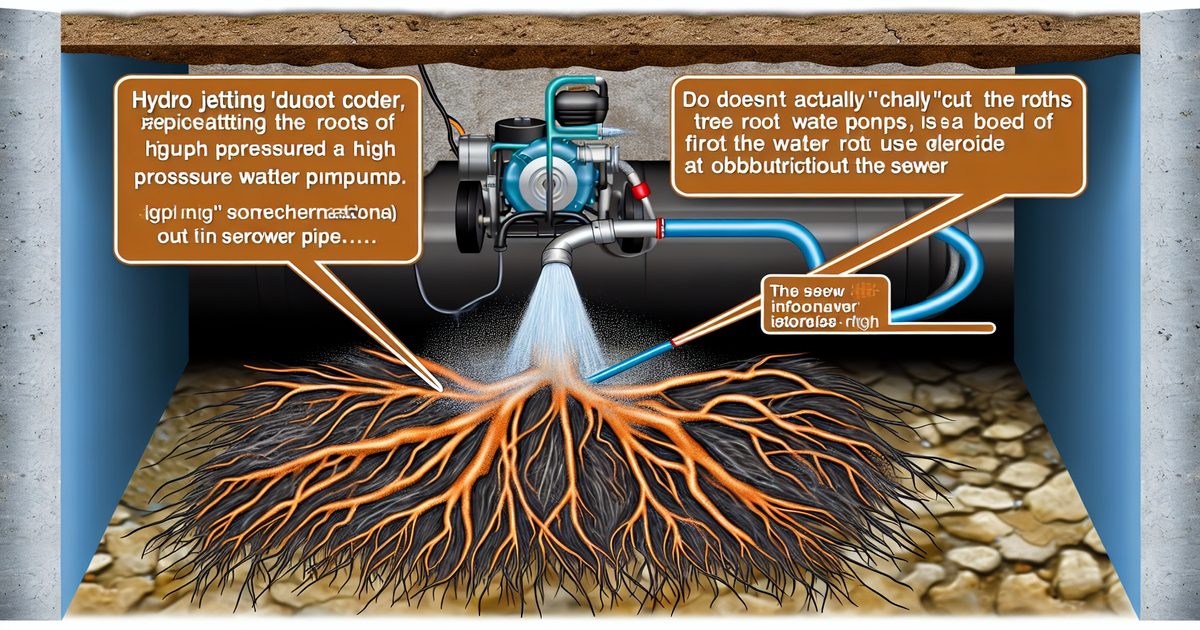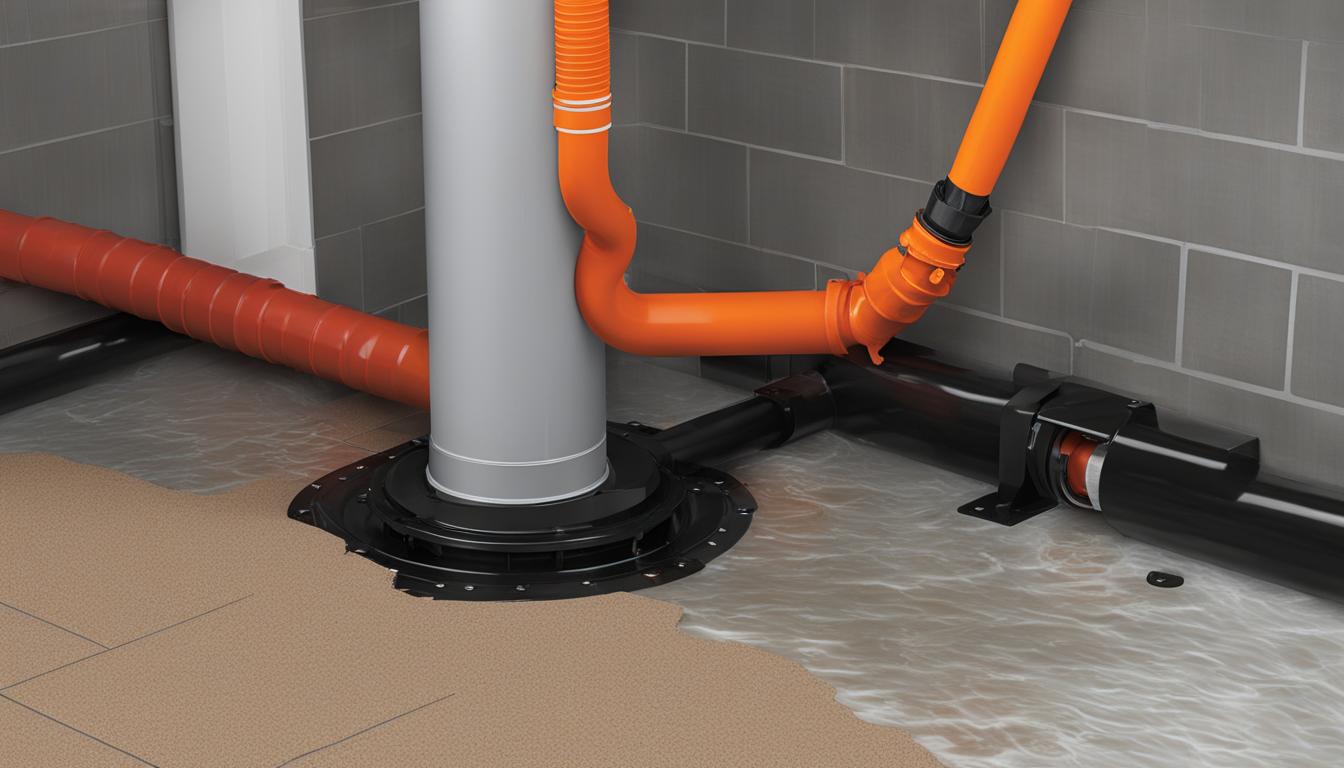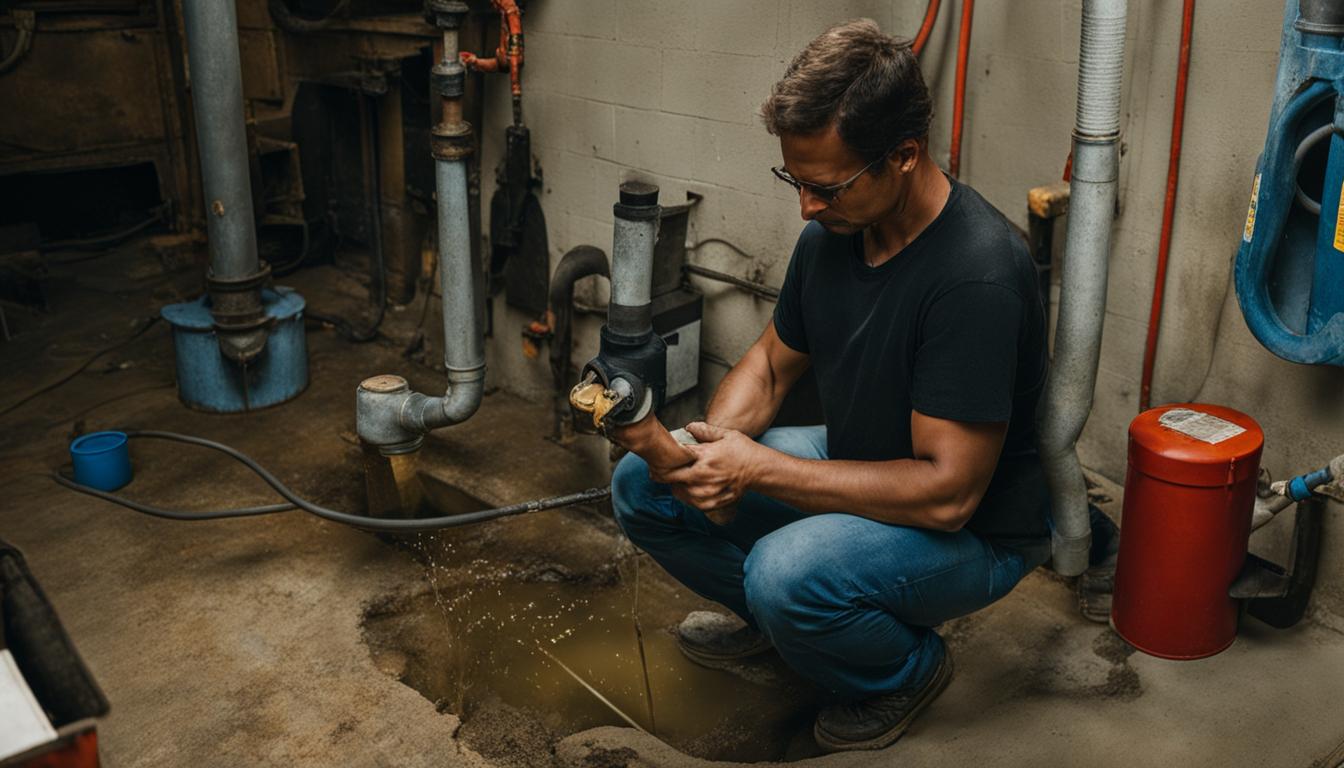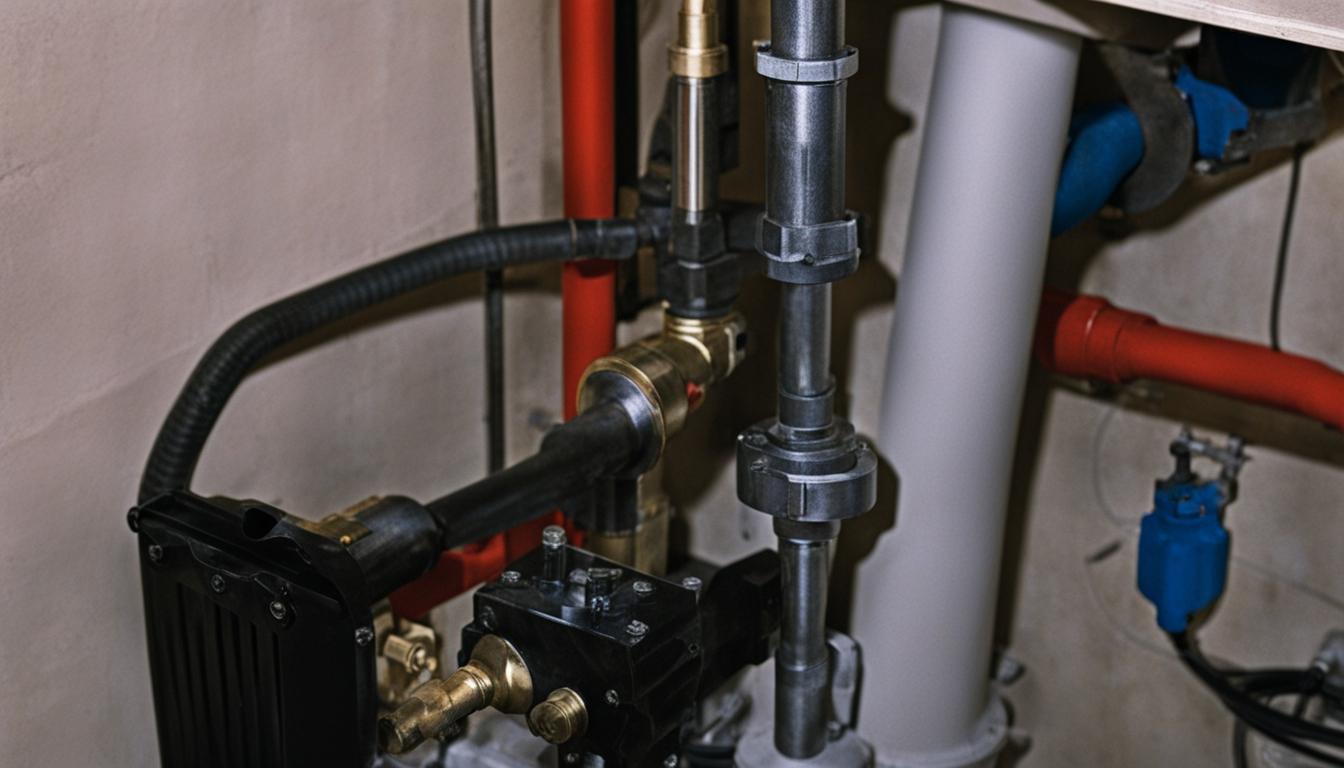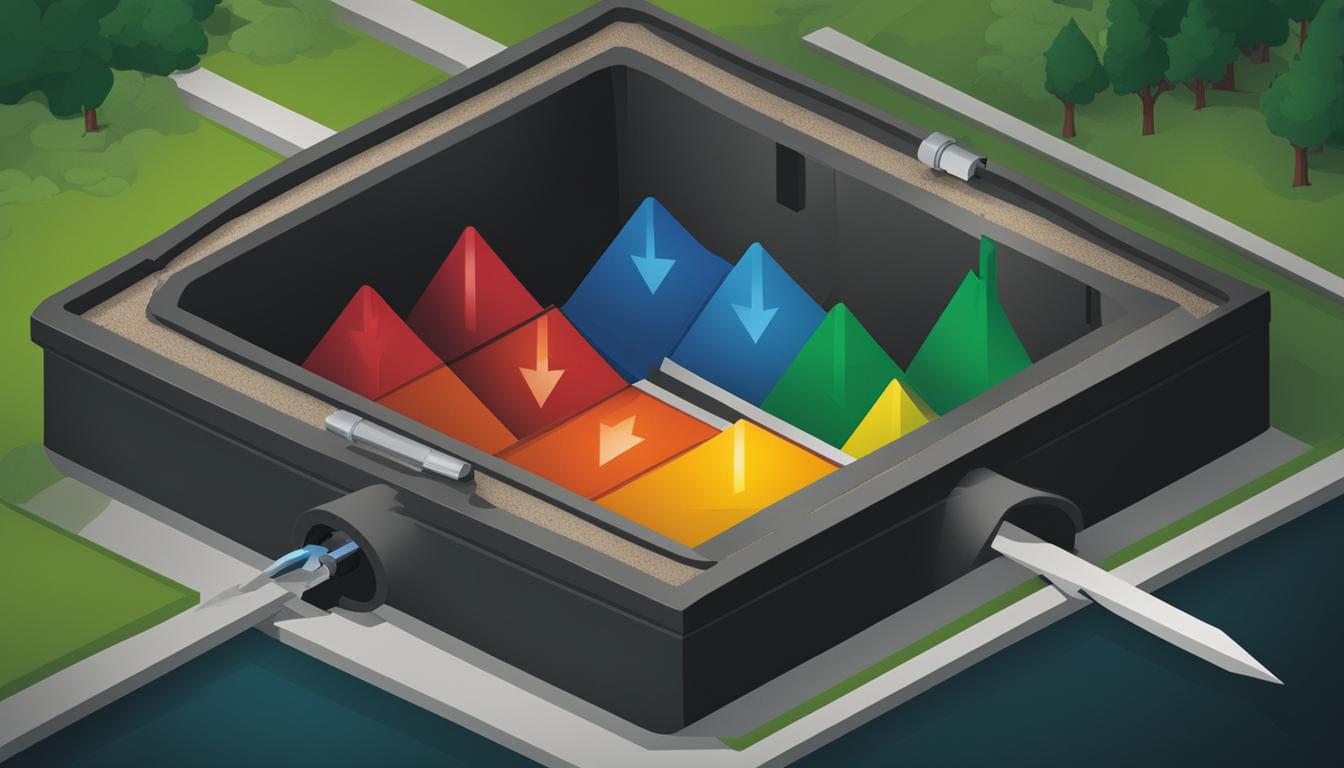To help your septic system, maintain a regular pumping schedule and avoid flushing non-biodegradable items. A properly functioning septic system is crucial for the proper disposal of wastewater and preventing pollution.
Neglecting your septic system can lead to costly repairs and environmental hazards. We will explore some essential tips on how to help your septic system function efficiently and prolong its lifespan. By following these simple guidelines, you can ensure that your septic system operates smoothly and avoid any potential issues down the line.
So let’s dive in and learn how to give your septic system the care it deserves.
Importance Of Regular Maintenance
Proper maintenance is crucial for ensuring the longevity and efficient functioning of your septic system. Regular maintenance can help extend its lifespan and prevent costly repairs and replacements. By scheduling routine inspections and pumping, you can identify and address any issues before they escalate. This preventive approach not only saves you money in the long run but also ensures that your septic system operates properly, avoiding backups and potential health hazards. It is important to follow recommended maintenance guidelines, such as using septic-safe products, conserving water, and avoiding flushing non-biodegradable materials. By taking these simple steps and being proactive in maintaining your septic system, you can enjoy its benefits for many years to come.
Signs Of Septic System Problems
Signs of septic system problems can manifest in various ways. One common indicator is slow drains and toilets, where water takes longer than usual to drain or flush. This could be a result of a clogged pipe or a problem with the septic tank itself.
Another telltale sign is a foul odor in the house or yard. If you notice a persistent, unpleasant smell, it could be a sign that your septic system is not functioning properly. This could be due to a leak, overfilled tank, or a blockage in the pipes.
Furthermore, standing water near the drain field can also indicate septic system problems. This can occur when the drain field becomes saturated, preventing proper drainage. It may be caused by excessive water usage, a malfunctioning septic pump, or an issue with the drain field itself.
Properly Dispose Of Household Wastes
Limiting water usage and being mindful of what goes down the drain is crucial to helping your septic system. Excessive water usage can overload the system and cause it to fail. Be mindful of activities like long showers, running faucets unnecessarily, and using the dishwasher and washing machine excessively. Taking shorter showers, fixing leaky faucets promptly, and spreading out laundry loads throughout the week can significantly reduce water consumption. Additionally, avoid flushing non-biodegradable items and chemicals down the drain. These substances can disrupt the balance of beneficial bacteria in your septic tank and lead to clogs and system malfunctions. Instead, dispose of non-biodegradable items like diapers, wipes, and feminine products in a trash bin. Properly dispose of hazardous chemicals and medications at designated collection points or events in your community for safe disposal.
Regular Pumping And Inspections
Determining the recommended pumping frequency and scheduling inspections are crucial steps to ensure the proper functioning of your septic system. Regular pumping is essential to prevent clogs and backups. It helps in removing the accumulated solids and sludge that can cause blockages and damage to the system.
Schedule inspections to identify potential issues in the early stages. Inspections help in detecting problems such as leaks, cracks, or other damage that could lead to costly repairs if left unattended. By identifying these issues early on, you can address them promptly and prevent further damage.
Consult with a professional to determine the recommended pumping frequency for your septic system. Factors such as tank size, household size, water usage, and waste disposal habits can influence how often your system should be pumped. Adhering to these recommendations will help maintain the health and longevity of your septic system.
Protecting The Drain Field
If you want to protect your septic system’s drain field, there are a few important steps you should take. First and foremost, avoid parking vehicles or adding any structures on the drain field. The weight of vehicles or structures can compact the soil and disrupt the flow of wastewater through the soil, leading to potential system failure. Additionally, be aware of the water flow around the drain field. It’s crucial to divert water from gutters and downspouts away from the drain field. Excessive water can saturate the soil, causing it to become less effective in filtering and treating wastewater. By taking these precautions, you can help ensure the longevity and functionality of your septic system.
Using Septic-safe Products
When it comes to maintaining a healthy septic system, it’s important to use septic-safe products to avoid any potential damage or disruption to the system. This includes choosing septic-safe cleaning and personal care products. Look for products that are specifically labeled as septic-safe or septic-friendly. These products are designed to be biodegradable and will not harm the delicate balance of bacteria in the septic tank. Additionally, it’s important to avoid using antibacterial soaps and excessive amounts of chemicals, as these can kill off the beneficial bacteria that help to break down waste in the tank. By using septic-safe products and avoiding harsh chemicals, you can help to prolong the lifespan of your septic system and prevent potentially costly repairs or replacements.
Repairing Leaks And Drips
One of the most important aspects of maintaining a septic system is to repair any leaks and drips promptly. Check all plumbing fixtures regularly for any signs of leaks, such as water stains or dripping sounds. Once you identify a leak, be sure to repair it as soon as possible to prevent any further damage to the system.
Leaky toilets and faucets can be a major source of water waste and overload the septic system. To fix a leaky toilet, start by checking the flapper valve and replacing it if necessary. For leaky faucets, replace worn-out washers or call a professional plumber for assistance.
Maintaining a leak-free plumbing system will not only help your septic system function properly, but it will also conserve water and save you money on utility bills. Regularly checking for and repairing leaks is an essential part of septic system maintenance.

Credit: theoriginalplumber.com
Maintaining The Drainage Area
Maintaining the drainage area of your septic system is crucial to ensure its proper functioning. One of the key aspects of maintenance is controlling excessive plant growth near the drain field. It is important to keep plants, particularly their roots, at a safe distance from the drain field to prevent any damage. You can achieve this by regularly trimming and removing any vegetation that may be encroaching on the drain field area. Additionally, it is essential to prevent tree roots from infiltrating the septic system. Tree roots have the potential to cause significant damage to the pipes and can lead to costly repairs. To avoid this, ensure that trees are planted at a safe distance from the septic system and choose species that have non-invasive root systems. Following these maintenance practices will help prolong the life and effectiveness of your septic system.
Preventing Frozen Septic Systems
Preventing frozen septic systems is crucial to avoid costly repairs and disruptions to your household. Insulating exposed pipes and components is a key step in safeguarding your septic system during the winter months. This can be done by wrapping insulation sleeves around the pipes, tanks, and other vulnerable areas. Additionally, diverting warm water to prevent freezing in the septic tank is important. You can achieve this by running hot water from time to time or using insulation blankets or heaters to keep the tank warm. Regular maintenance and proper usage of your septic system, including avoiding excessive water usage and flushing only biodegradable materials, can also help prevent freezing issues. By taking these preventative measures, you can ensure the smooth functioning of your septic system throughout the winter season.
Using Bacterial Treatments
Using bacterial treatments is an effective way to help maintain the health of your septic system. These treatments involve adding septic-safe bacteria to aid in the breakdown of waste. By using bacterial treatments, you can enhance the natural digestion process and promote the decomposition of solids in your septic tank.
When using bacterial treatments, it is important to follow the instructions for dosage and application. The dosage will vary depending on the size of your septic system, so be sure to carefully read the product label for guidance. Applying the bacteria directly to the system, such as through the toilet or drain, is the most common method.
By regularly using bacterial treatments, you can help prevent blockages, odors, and system failures. It is a simple and cost-effective way to maintain the functionality of your septic system and avoid costly repairs. Remember to choose septic-safe bacteria and follow the recommended application guidelines to ensure the best results.
Frequently Asked Questions Of How To Help Septic System
How Do I Keep My Septic System Healthy?
To keep your septic system healthy, follow these steps: 1. Regularly pump and inspect your tank every 3-5 years. 2. Use water efficiently and avoid excessive use. 3. Avoid flushing non-biodegradable items down the toilet. 4. Use septic-safe cleaning products and avoid harsh chemicals.
5. Direct rainwater and excess water away from the drain field.
What Can You Put In A Septic To Help It?
To help your septic tank, you can add septic treatments that contain beneficial bacteria. These bacteria help break down waste material and keep the system running smoothly.
Should You Add Anything To Septic Tank?
No, you should not add anything to your septic tank. Adding substances like chemicals, medications, or cleaning products can disrupt the natural balance and hinder the tank’s ability to break down waste properly. Stick to regular maintenance and avoid any unnecessary additives.
How Many Loads Of Laundry A Day Are Safe To Do With A Septic Tank?
It is safe to do about 4-5 loads of laundry per day with a septic tank.
Conclusion
Taking care of your septic system is crucial for maintaining a healthy and functional home. By following the tips outlined in this blog post, you can effectively prevent common septic issues and prolong the lifespan of your system. Remember to have regular inspections, properly dispose of waste, conserve water, and be mindful of what goes down your drains.
By doing so, you can ensure the longevity and efficiency of your septic system for years to come.
